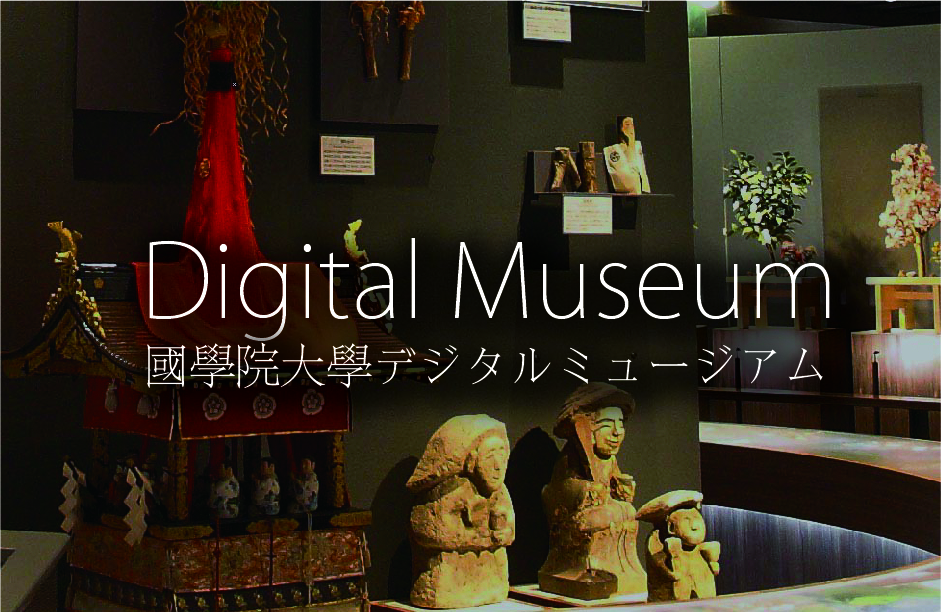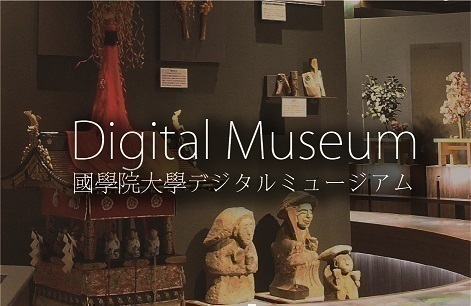- トップ
- Encyclopedia of Shinto
- Yamabiraki
Encyclopedia of Shinto
| Main Menu: | |
| Links: |
詳細表示 (Complete Article)
| カテゴリー1: | 5. Rites and Festivals |
|---|---|
| カテゴリー2: | Rituals in Daily Life |
| Title | Yamabiraki |
| Text | "Opening of the mountain." An event by which a mountain is opened the first time in a given year to climbers. The event held to bring the climbing season to a close is called yamajimai ("closing of the mountain"). Mountains have been regarded since ancient times as sacred; they were the places to where the deities descended and furthermore had their dwellings, and they were the places where the spirits of the dead ended up. For the farmers living in the flatlands the mountains were also the dwelling place of Mikumari no kami, the tutelary deity who brings water. However, aside from those who made mountains their living place such as hunters and slash-and-burn farmers, entering them was taboo. In later ages, mountain ascetics (shugenja, see shugendō), expounded the performance of their disciplines among the peaks, which were sites of their practices and the object of their beliefs; it subsequently became possible to climb mountains for worship during specific times, with permission granted to the people living in the flatlands as well. Many shrines that have mountains as objects of worship hold mountain-opening festivals called yamabirakisai or kaizansai, and in early autumn hold closing ceremonies called heizanshiki or yamaosameshiki. The dates for these events are not uniform due to regional variations. For example, at Fujisan Hongū Sengen Jinja Shrine and Fuji Omuro Asama Jinja Shrine the mountain-opening festival is held on July 7 and the mountain-closing one is held on August 31. At Ontake in Kiso (Nagano Prefecture) the openingis performed on July 10 and the closing on September 15, but often in between these dates the eighth day of the fourth month (April 8) is also chosen as a day for entering the mountains for worship. This is an important time in which actual farming should begin, and festivals to welcome the ancestral spirits (sorei) and the tutelary deity of the rice paddy (ta no kami) take place. Accordingly, one may think of mountain belief as something that has been superimposed on elements of popular folk belief. Today, the yamabiraki is seen as marking the first day of the mountain climbing season in a sporting sense and, following that example, kawabiraki ("opening of a river") and umibiraki ("opening of the sea") are also now held. — Iwai Hiroshi |





